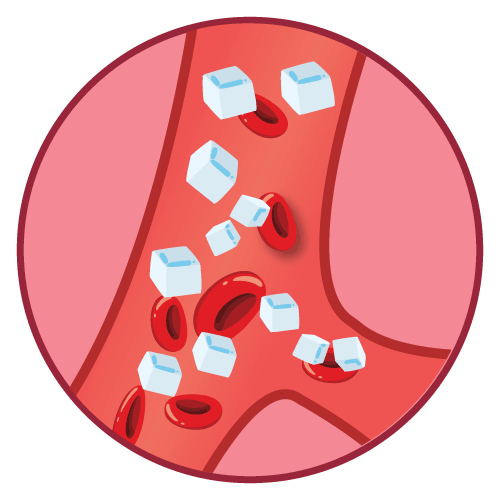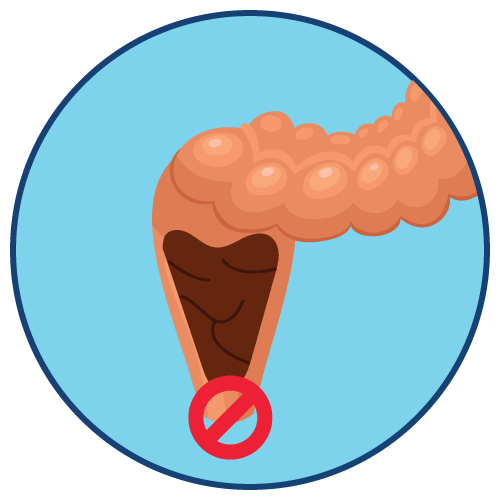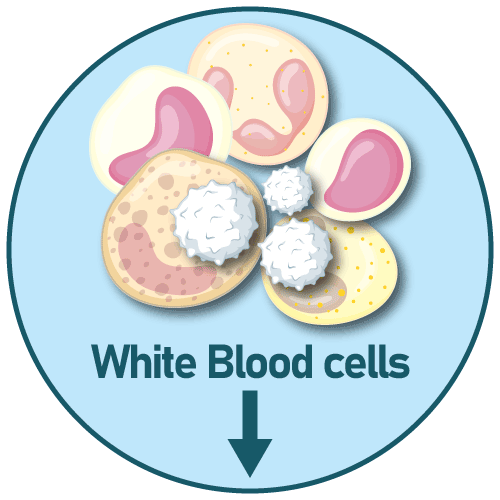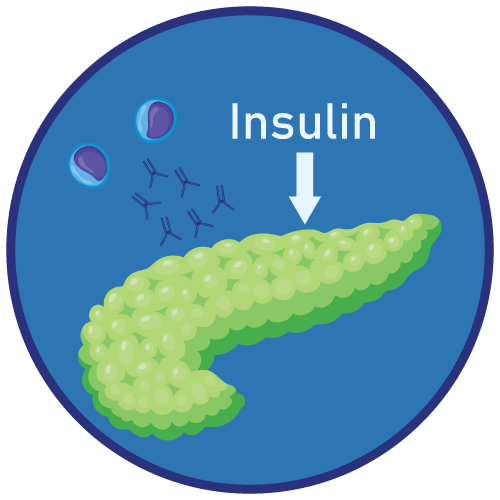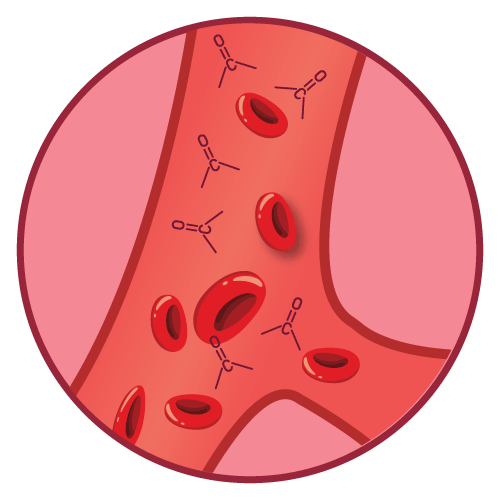| Name | Glimepiride |
| Classes |
Antidiabetic Agent Metabolic Agent Sulfonylurea |
| Diseases |
Type 2 Diabetes Mellitus Hormonal Disorder |
Glimepiride
Glimepiride is an oral hypoglycemic drug belonging to the class sulfonylureas. It works by closing K+ channels of the pancreatic beta cells which stimulates the release of insulin from the cells, thereby increasing the plasma insulin concentration. Glimepiride also enhances the insulin sensitivity of peripheral cells.
Glimepiride is indicated as an adjunct to diet and exercise to improve glycemic control in adults with type 2 diabetes mellitus.
There is no set dosage regimen for treating diabetes with Glimepiride or any other hypoglycemic agent. In addition to the usual monitoring of urinary glucose, the patient's blood glucose must be monitored on a regular basis to determine the patient's minimum effective dose.
- Usual Starting Dose: The typical Glimepiride starting dose as initial therapy is 1-2 mg once daily, administered with breakfast or the first main meal. Patients who are more sensitive to hypoglycemic drugs should begin with 1 mg once daily and be titrated carefully.
- Usual Maintenance Dose: 1 to 4 mg once daily is the typical maintenance dose. The maximum recommended daily dose is 8 mg. After reaching a dose of 2 mg, dosage should be increased in 2 mg increments at 1-2 week intervals based on the patient's blood glucose response.
Side effects associated with the drug are uncommon. The following adverse reactions have been reported-
- Hypoglycemia
- Nausea
- Diarrhea
- Constipation
- Erythema
- Urticaria
- Leukopenia
- Agranulocytosis
- Hepatic porphyria
- Disulfiram like reactions
The administration of oral hypoglycemic drugs has been reported to be associated with increased cardiovascular mortality as compared to treatment with diet alone or diet plus insulin.
- There have been no clinical studies demonstrating conclusive evidence of Glimepiride or any other anti-diabetic drug lowering macrovascular risk.
- In patients with impaired renal and/or hepatic function, Glimepiride metabolism and excretion may be slowed. Hypoglycemia may be prolonged in such patients, and appropriate management should be instituted.
- All sulfonylurea medications can cause severe hypoglycemia. To avoid hypoglycemic episodes, proper patient selection, dosage, and instructions are essential. Glimepiride levels in the blood may be elevated due to renal or hepatic insufficiency, and the latter may also reduce gluconeogenic capacity, both of which increase the risk of serious hypoglycemic reactions.
- When a patient stabilized on any diabetic regimen is exposed to stress such as fever, trauma, infection, or surgery, a loss of control may occur. At such times, it may be necessary to discontinue Glimepiride and administer insulin.
Contraindication
- Known hypersensitivity to the drug.
None known.
Contraindicated in-
- Type 1 diabetes mellitus
- diabetic ketoacidosis (with or without coma)
 Bangla
Bangla English
English